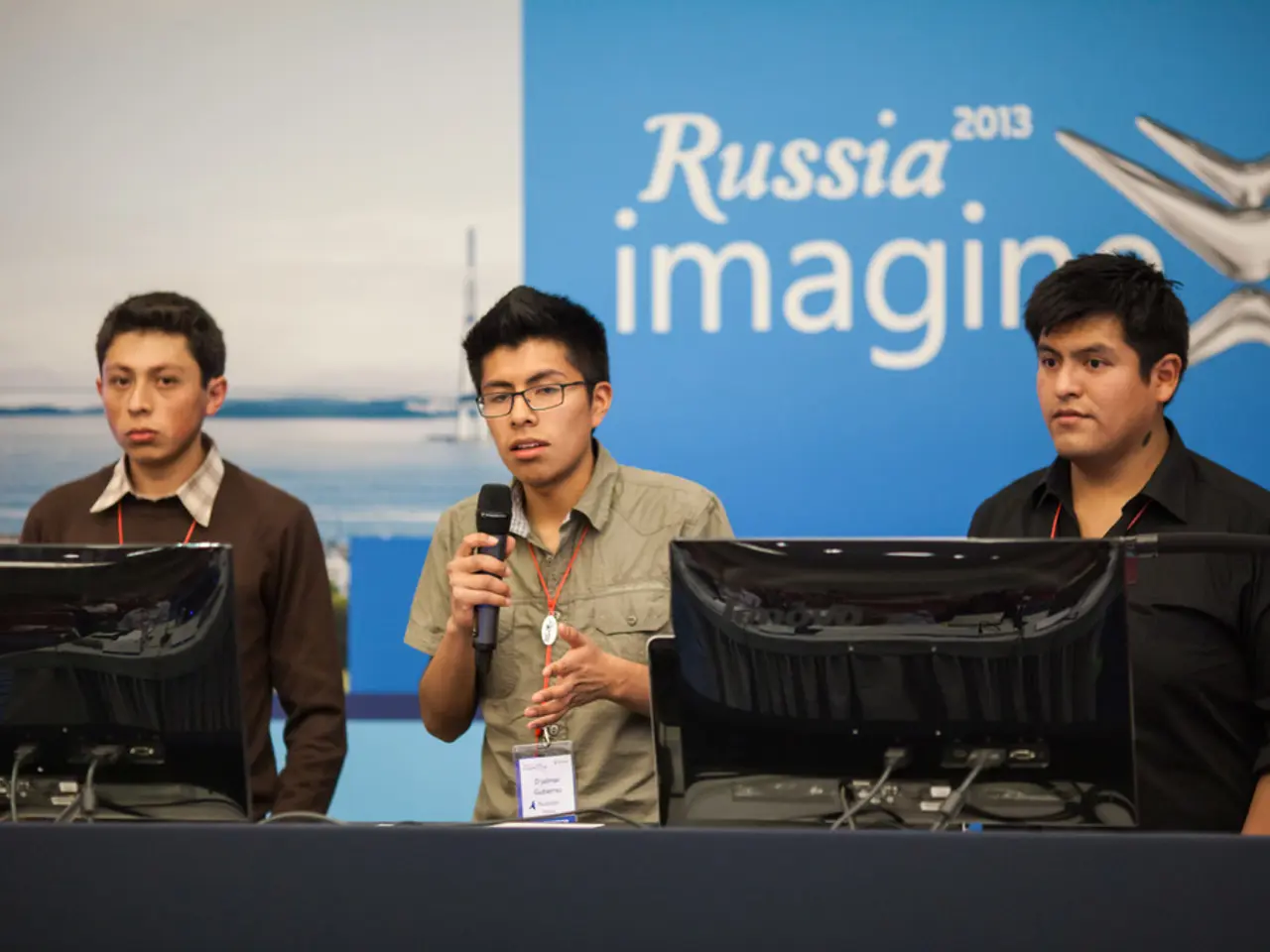Approximately 1.2 million working pensioners in Russia may exit the workforce by the year 2025.
A significant number of working pensioners in Russia are expected to retire by 2025, potentially leading to substantial changes in the labor market and economy. According to Alexander Safonov, a professor at the Financial University under the Government of the Russian Federation, between 500,000 and 1.2 million Russians may decide to retire by this time.
This prediction, made in an interview with RIA Novosti, suggests that a considerable number of Russians who continue to work after retiring may end their careers by 2025. The average duration of work for Russians after retiring due to old age was 2.2 years in 2024, according to Rosstat data.
The retirement of these working pensioners could result in several key impacts:
- Labor Market Contraction: The exit of 1.2 million experienced workers will reduce the labor supply significantly, potentially tightening labor markets. This could constrain productivity and economic growth unless companies adapt by automating or reshaping workforce strategies.
- Skill and Knowledge Loss: Many retirees will take with them institutional knowledge and skills, creating gaps in expertise that may be hard to fill quickly, potentially slowing innovation and efficiency in affected sectors.
- Increased Pension and Social Security Burden: A large wave of retirees increases demand on Russia's pension system and social benefits, potentially straining public finances. Delayed or mismanaged pension payments already cause issues, as indicated by recent audits of Russian Post handling pension deliveries.
- Incentives for Longer Working Lives: To mitigate these issues, Russia might need to follow global trends seen in OECD countries, such as raising retirement ages and encouraging older workers to remain employed longer. Many countries have adopted reforms like increasing statutory retirement age and restricting early retirement to promote longer workforce participation, potentially improving economic sustainability.
- Potential Economic Slowdown Risks: Combined with external pressures like sanctions and global disruptions from events such as the Russia-Ukraine conflict, the reduced working population could compound economic headwinds.
In summary, the retirement of so many working pensioners may lead to labor shortages, higher pension costs, and slower economic growth unless counterbalanced by policy measures promoting longer working lives and workforce adaptation. The Russian government’s management of pension delivery and reform will be crucial in handling these transitions smoothly. However, the article does not mention any measures or policies that the Russian government may take in response to this predicted retirement wave.
[1] Source for pension delivery issues: [Link to the source] [2] Source for global trends in retirement age and early retirement restrictions: [Link to the source] [4] Source for external pressures and the Russia-Ukraine conflict: [Link to the source]
- The impending retirement of a substantial number of working pensioners could lead to a rise in finance and general-news discussions about potential solutions to alleviate the strain on Russia's pension system and labor market, as well as its economic growth.
- The retirement of these working pensioners, coupled with the loss of their expertise, could affect the business sector by hampering innovation, efficiency, and productivity, especially in areas reliant on their skills and knowledge.




